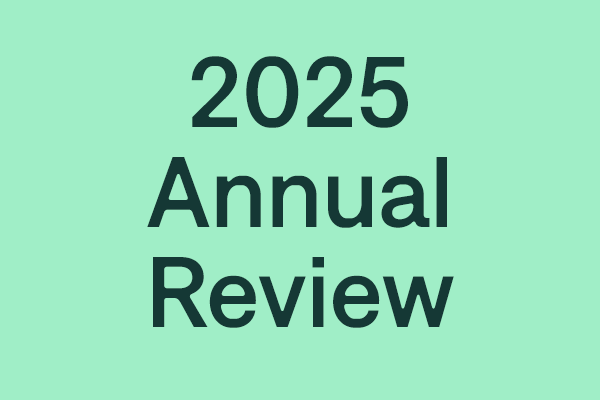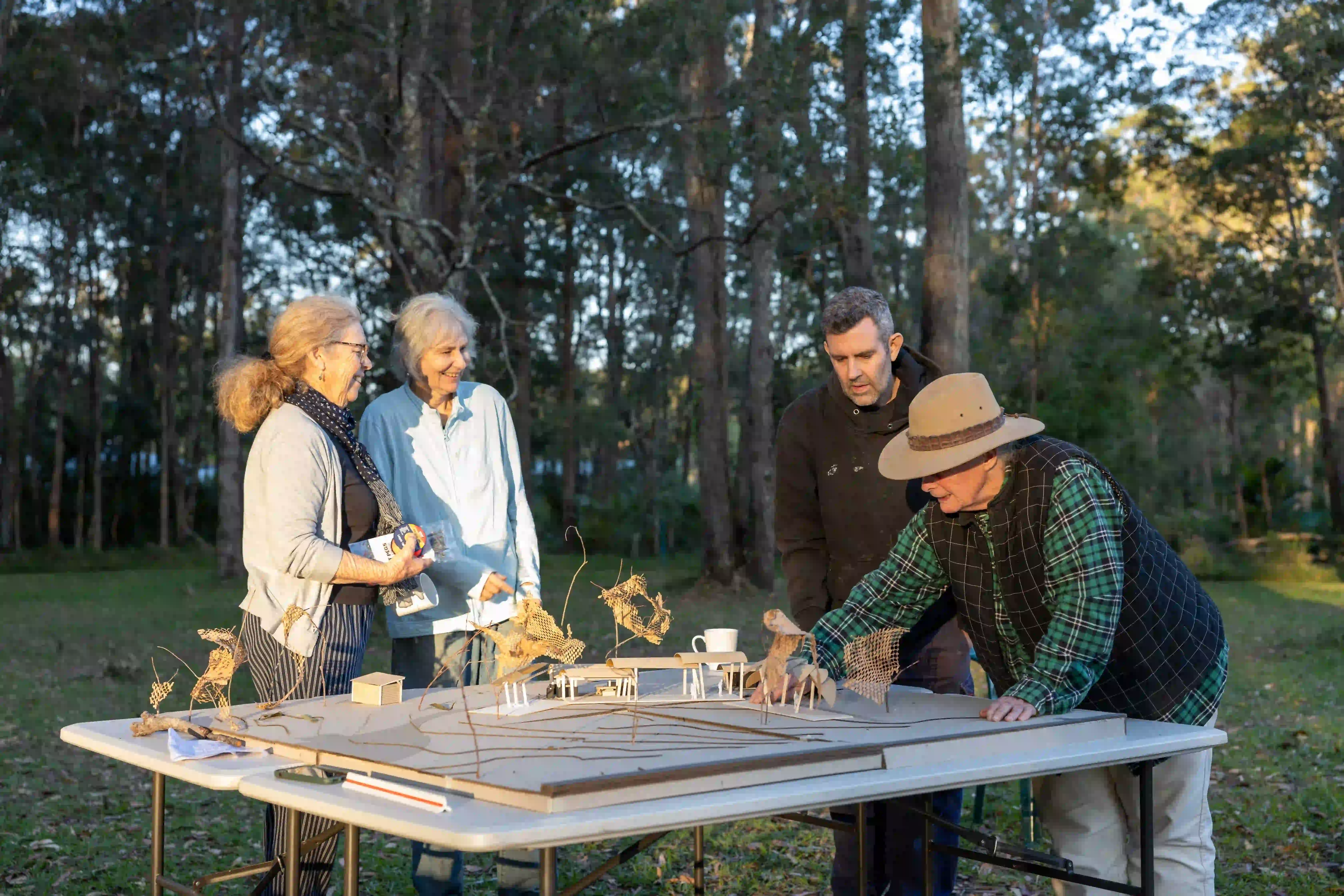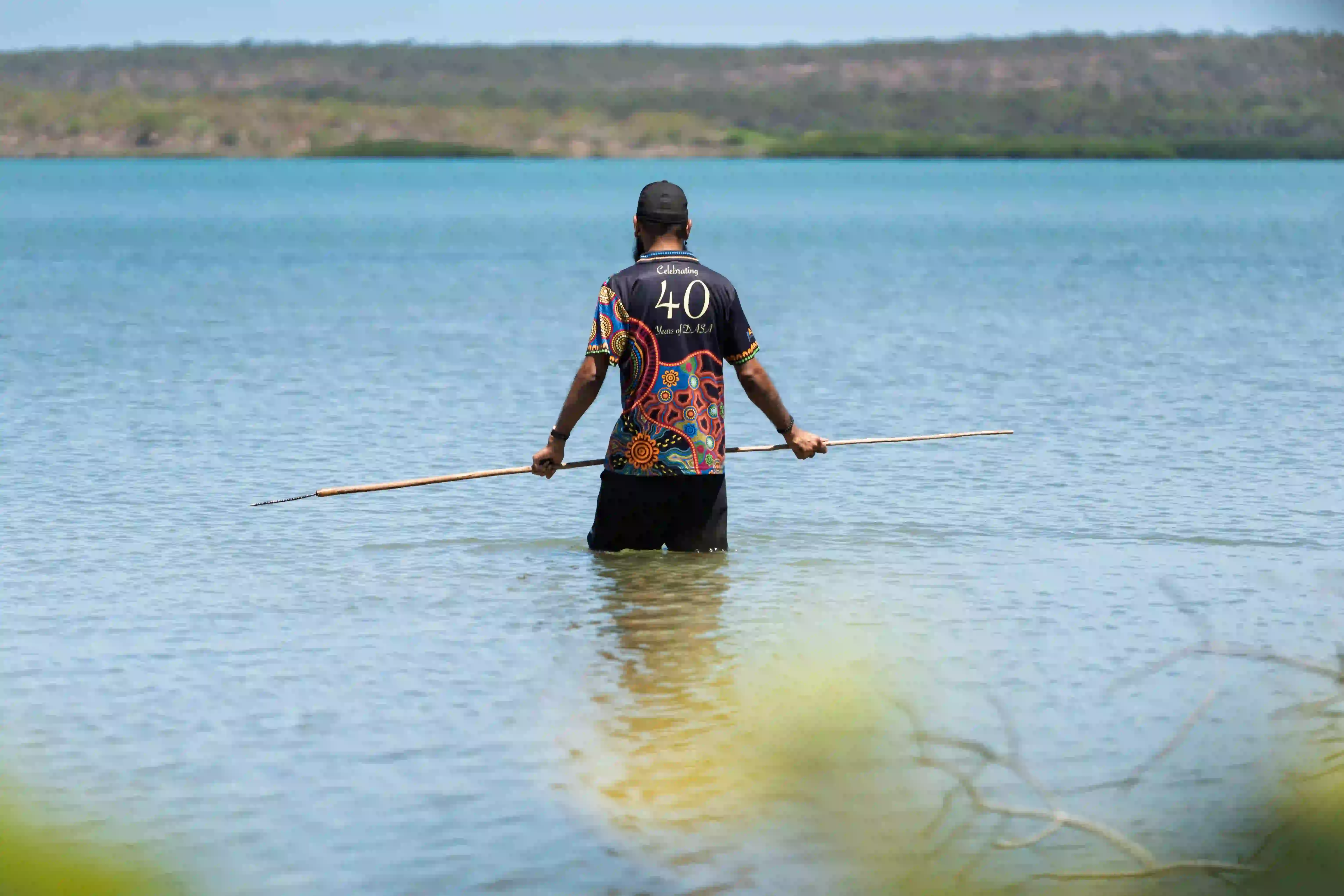How are organisations and individuals across the for-purpose sector championing the use of data and evidence as tools for constructive and critical change, specifically to ensure opportunities for all children to thrive?
We have been listening with interest to the stories and approaches of many of our partners and sector colleagues about the ways they are leveraging data to help bring greater impact, using data to shape their program strategies and inform their decisions. We see inspired use of data by many of our partners, and are drawing on their experiences to identify some of the key pillars that enable greater impact from data, research, and evidence initiatives.
Over the past month, Philanthropy Australia published a three-part series in partnership with Purpose to exploring the pillars of effective data programs: trust, capability and community.
Here we consider three (of many) key observations and insights that emerged from this series:
1. Trust:
The potential for data and information systems to support multiple levels of our institutions, from individuals and communities up to national policymakers, requires trust that is built over time. However, a mutual trust challenge remains between Government, NFPs, communities and data custodians. Addressing this requires appropriate forms of governance, assurances of privacy and equitable approaches for data collection, management, processing, and analysis. The first article explores how the Dharriwaa Elders Group (DEG) in Walgett NSW, supported by the Yuwaya Ngarra-li partnership with UNSW, used data to tell a different story and build trust with other local institutions through this shared analysis process. Read more:
Data Journeys – Trust ›› Philanthropy Australia.
“We were able to show through analysing court data that the police were over-surveilling young Aboriginal people in Walgett and that there were multiple points prior to their engagement with the justice system where interventions could have easily prevented young Aboriginal people from ever having to engage with the justice system in the first place”
– Ruth McClausland, UNSW Director of Yuwaya Ngarra-li.
2. Capability:
While there are pockets of expertise and innovative applications, overall data awareness, literacy and capability across the sector remains limited. Uneven funding does not support sustained data capability. Despite growing data awareness and literacy, the competition with private sector employers and costs often limits not-for-profit and for-purpose sector capability. Anne Hampshire, Head of Research and Advocacy at the Smith Family, discusses how building data maturity should be an organisation-wide journey to have greatest impact. Read more: Data Journeys – Capability ›› Philanthropy Australia
“To be successful, the role of data and evidence couldn’t just stay as the responsibility of the research team. The organisation needed to go through a more fundamental change from the board, through senior management, down to the programme teams who are directly working with young people and their families.”
– Anne Hampshire, Head of Research and Advocacy, The Smith Family
3. Community:
Using data can be daunting, especially for smaller organisations. Despite pockets of growing maturity and use, there are insufficient connective networks to support and inspire the innovation needed to leverage the greatest value from data towards our shared ambition of breaking the cyclical nature of disadvantage. We need to build stronger relationships and accelerator networks between for-purpose organisations, data custodians, data scientists, private sector analysts and universities. Read more:
Data Journeys – Community ›› Philanthropy Australia
There is a growing field of data practitioners across the Australian for-purpose sector. Fostering a community amongst these individuals will be central to its further growth through the sharing of knowledge and experience.
“The more small steps that we all take towards using data in our work, and sharing with our community the successes and failures that we encounter – the greater the learning and impact we will all have.”
– Ginger Zielinskie, Chief Strategy Officer at Data.org
Here at the foundation, the amazing work of our partners and peers provide inspiration on what is possible. We are particularly interested in the multiple ways to help make the cyclical patterns create barriers or enable children to thrive more visible. This series reinforces the ways we need to listen to people and their experiences, and leverage data science to explore the nuance of these lived experiences.
The cycle of disadvantage is not inevitable. Data is a critical tool to advance our shared understanding so that we can work collectively to disrupt these patterns and barriers earlier for children and across systems.
What is your story of how you have used data to inform, disrupt, or improve your thinking and actions within a community, within your organisation, or within a network? Where there are networks of data expertise and those with domain and lived experience, please let us know how we can join those conversations.










